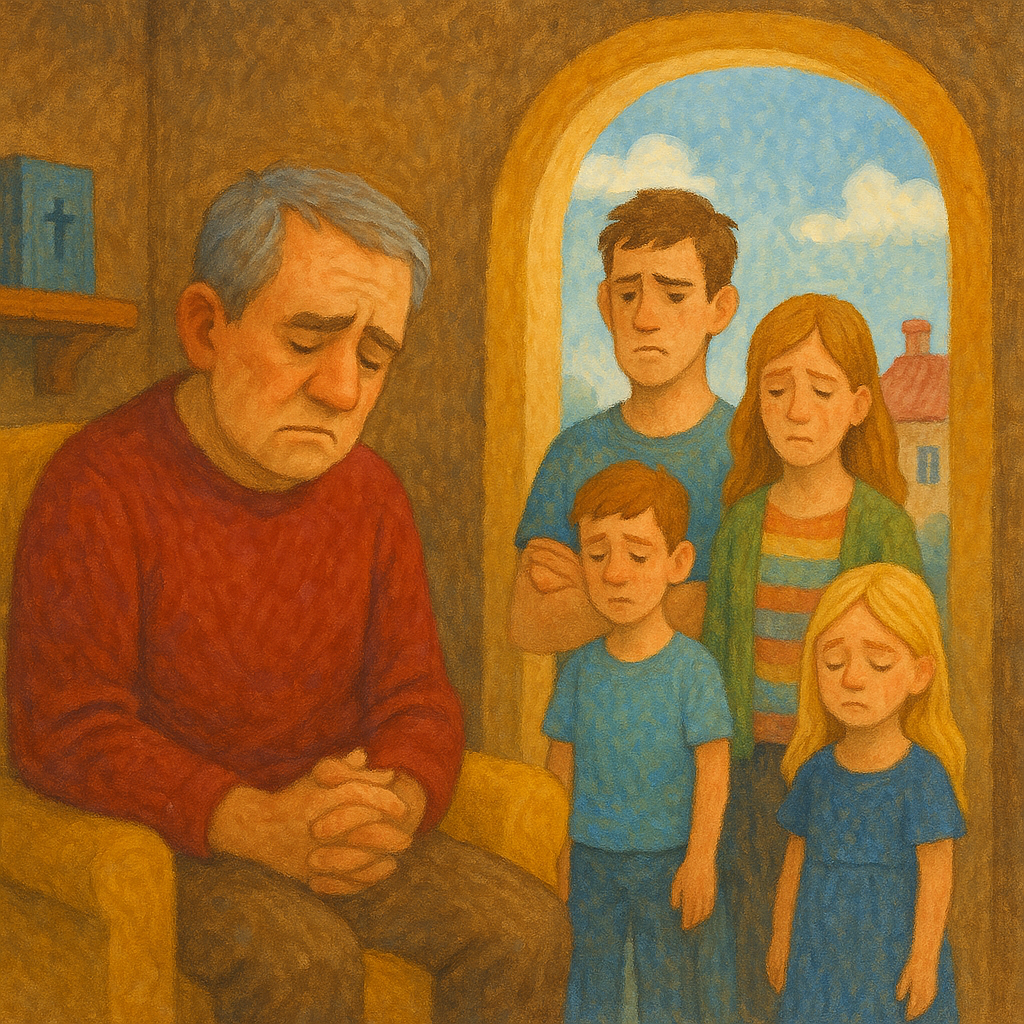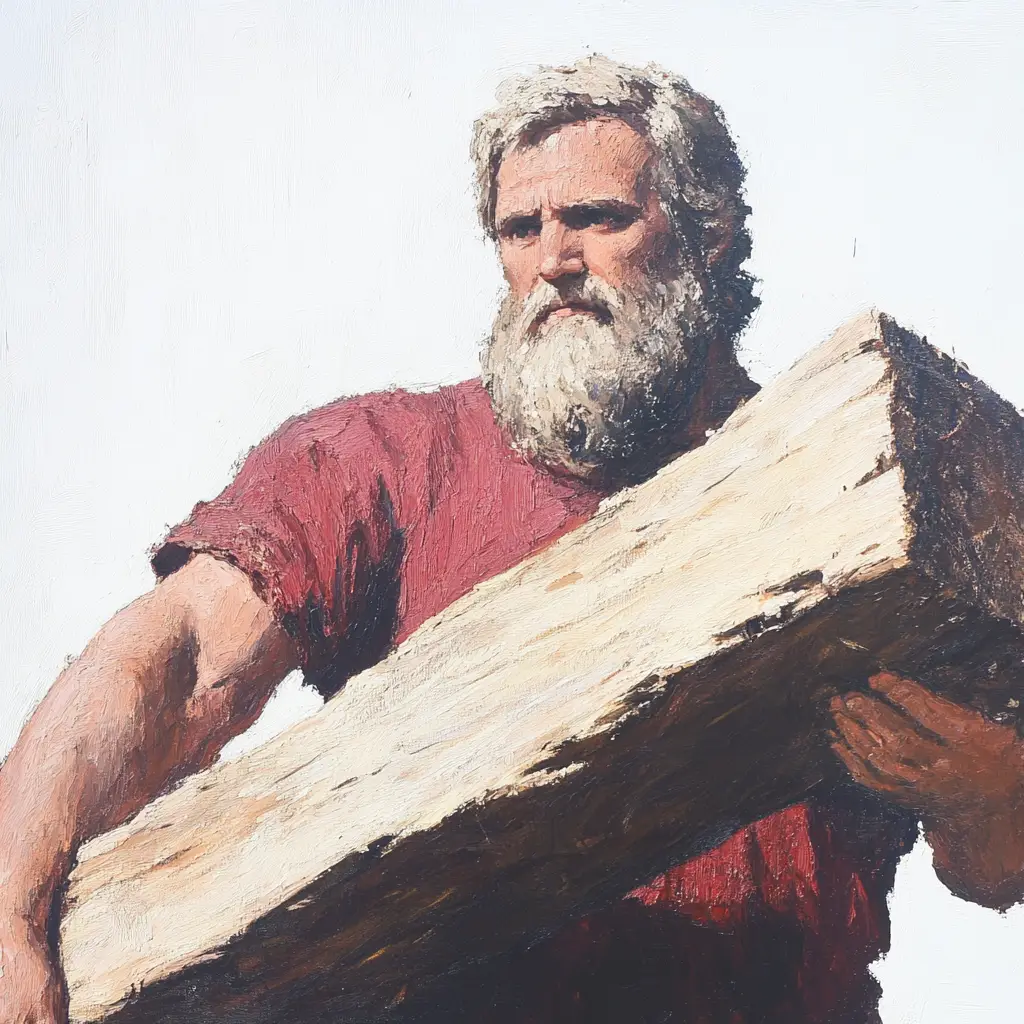Opening Verse
“Train up a child in the way he should go: and when he is old, he will not depart from it.”
Proverbs 22:6 (KJV)
Introduction
A strong foundation is everything. You can’t expect a house to stand if the ground it rests on is weak. It’s the same with children. Fathers are not just providers — they are builders. If you’re a man and God has trusted you with children, then He expects you to lead, guide, and show them how to live. Otherwise, you leave them with broken pieces and cracked walls that they’ll spend years trying to repair.
Devotional Story
A man once raised his children with good intentions, but no direction. He worked hard, brought food to the table, and even took them to church from time to time. But he never taught his sons how to pray. He never showed his daughters what a godly man looks like. He never opened the Bible in front of them or lived what he claimed to believe.
He thought that being present was enough. But presence without purpose leaves gaps. The man didn’t realize that you have to be intentional. You have to bless your children so they know what it means to walk in God’s favor and pass that blessing on.
Years passed. His children grew. And while they knew of God, they didn’t know God. Their lives were shaky. They made mistakes he could’ve helped them avoid. One of them said, “I had to teach myself everything I wish my dad had shown me.”
The man looked back with regret. He didn’t hate his children’s choices. He just realized they never had the foundation he thought he gave them.
What This Means
It’s not enough to say “do right.” You have to show right. Children build their lives on what they see and what they’re taught. If the father doesn’t lead in truth, then his children start from scratch — sometimes wounded, often lost.
Your job is not only to feed them but to form them. Teach them to walk in the fear of God. Correct them when they’re wrong. Bless them when they follow righteousness. Be the example. Because if you don’t lay the foundation, the world will pour its own concrete — and it won’t hold.
Being intentional means speaking life into them. It means taking time to pray with them, lay hands on them, and speak blessing over their future. If you want them to be a blessing, you must first bless them.
Think About This
-
What kind of foundation are you building for your children?
-
Are you intentional about shaping their walk with Christ?
-
Have you spoken blessing over their lives today?
Prayer
Father in Heaven,
Help me be the man You’ve called me to be. Let me not just be a father in name, but in action and truth. Give me the wisdom to teach, the strength to lead, and the humility to admit when I’ve failed. Help me to be intentional — not passive. Let my words bless my children so they may rise and be a blessing to others. Let them stand on a foundation of faith, not confusion. In Jesus’ name, Amen.
Closing Verse
“And, ye fathers, provoke not your children to wrath: but bring them up in the nurture and admonition of the Lord.”
Ephesians 6:4 (KJV)



